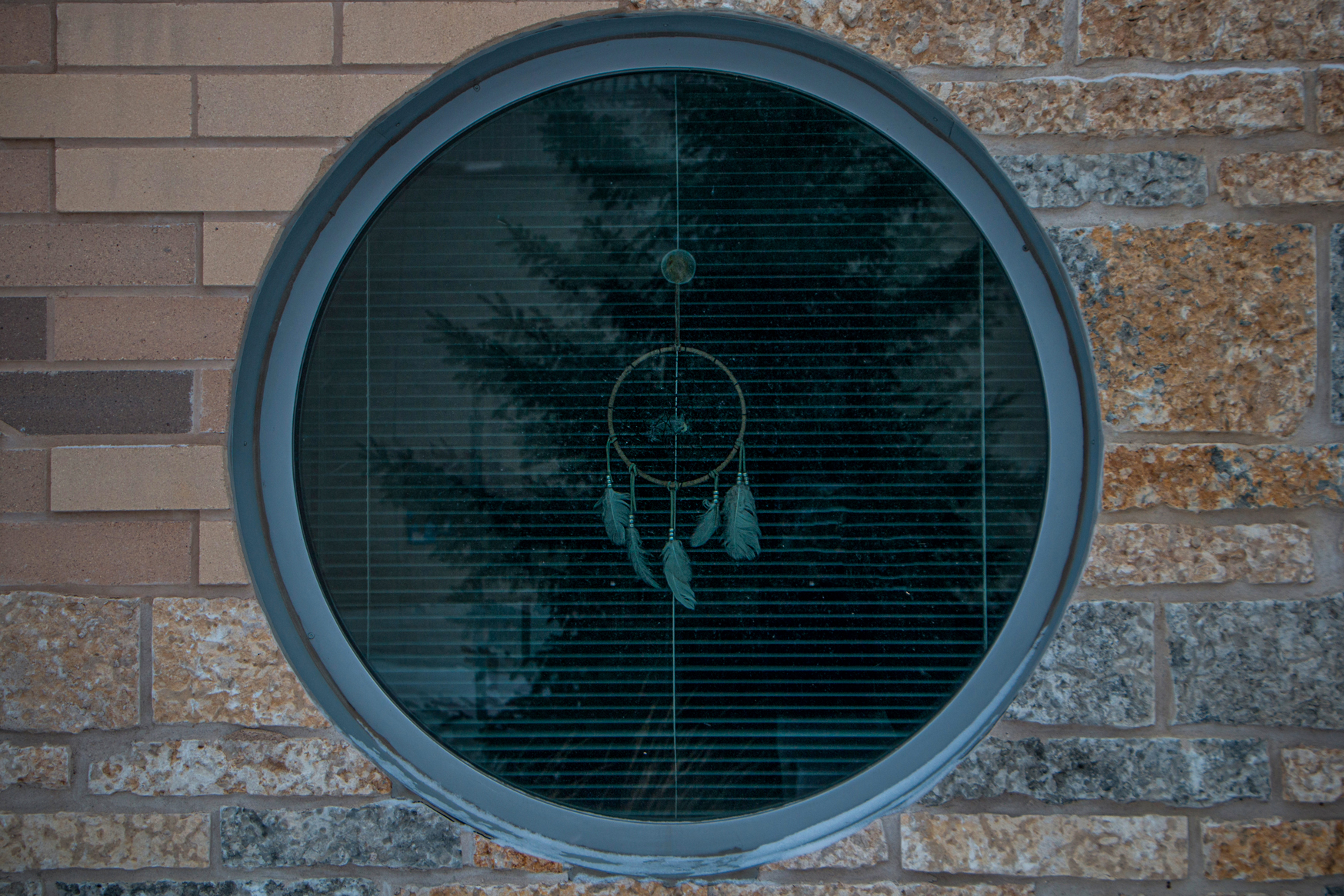Aboriginal community leaders and elders were brought together at the 10th annual Elders and Traditional Teachers Gathering to share their knowledge.
Elders in First Nations communities play an important role in passing on traditional teachings and providing guidance to younger community members.
The gathering took place on Nov. 25 and 26 in Migizii Agamik at the University of Manitoba.
Beginning with a traditional pipe ceremony, the gathering’s theme was water and fire. According to traditional aboriginal teachings, women are responsible for the water (birth) and men are responsible for the fire (heat).
The objective of this year’s gathering was to bring elders together to share traditional teachings on the relationship between men and women.
U of M’s president David Barnard was a guest speaker at the gathering.
Barnard said it is always an honour to be at Migizii Agamik and that it was “a particularly special today to welcome the elders.”
He said it is the U of M’s desire to be a welcoming place for all and to make sure that indigenous knowledge is valued in the university community.
“We want students to have a meaningful life so that they could contribute to their families and societies,” Barnard said.
Barnard’s historic statement of apology for the university’s role in residential school system was brought up, and he was introduced as the first university president “to acknowledge the truth in the Truth and Reconciliation Commission.”
Barnard said the apology he made was an important statement. “Words are important, but we need more than words; the statement was a beginning,” he said.
Kali Storm, director of the Aboriginal Student Centre, explained that the gathering started 10 years ago with an aim to provide the knowledge elders carry to the students coming on campus. She noted the centre had grown substantially in the resources and services they provide, mostly due to the ability to acquire more funding.
Florence Paynter, an elder-in-residence at Migizii Agamik and a survivor of the residential school system, emphasized the importance of having a spiritual connection to nature. She said her late father was a traditional person and a traditional healer.
“I had an opportunity to learn from my family,” Paynter said. “We were told that of all of us come from a very special place, a Creator, who made it possible for us to bring the life.”
“No one is different. Whatever nationality we have, we are all the same,” she said.
Paynter said the first thing that was attacked by the residential school system was the spirituality and language of First Nations peoples.
“When I heard my family speaking to each other in their own language, from then on I realized that I love my language,” she said. “We carry knowledge in our languages.”
Garry Robson, aboriginal awareness consultant with the Aboriginal Education Directorate, said he felt fortunate to learn from his elders and believes the aboriginal community is now disconnected from their teachings.
“Our people need to learn the stories that elders carry to tell our children,” he said.
He illustrated the role of women in our families and societies.
“Our homes belong to the women, women are our bosses,” he said.
“When we look at the water, we can see that we don’t have respect for water and for women. We have to hold our women back up again to show respect to them.”
Referring to women as water and men as fire, Robson said: “If we look at our people today, they have learnt not to have respect for water and fire.”
“Fire cannot create life without water. Fire and water are equal.”
Robson said it is men’s responsibility to help women, and vice versa.
“I can’t give power to women because woman has never given it up. All she has to do is to start exercising the power,” he said.
He stressed the importance of morality and values in rebuilding what has been lost by the aboriginal community.
“I don’t believe that our people lost too much that we cannot come back. We have elder men to teach us how to respect fire and elder women to teach us how to respect water,” he said.
“I think that we are in really good times to have these elders.”




